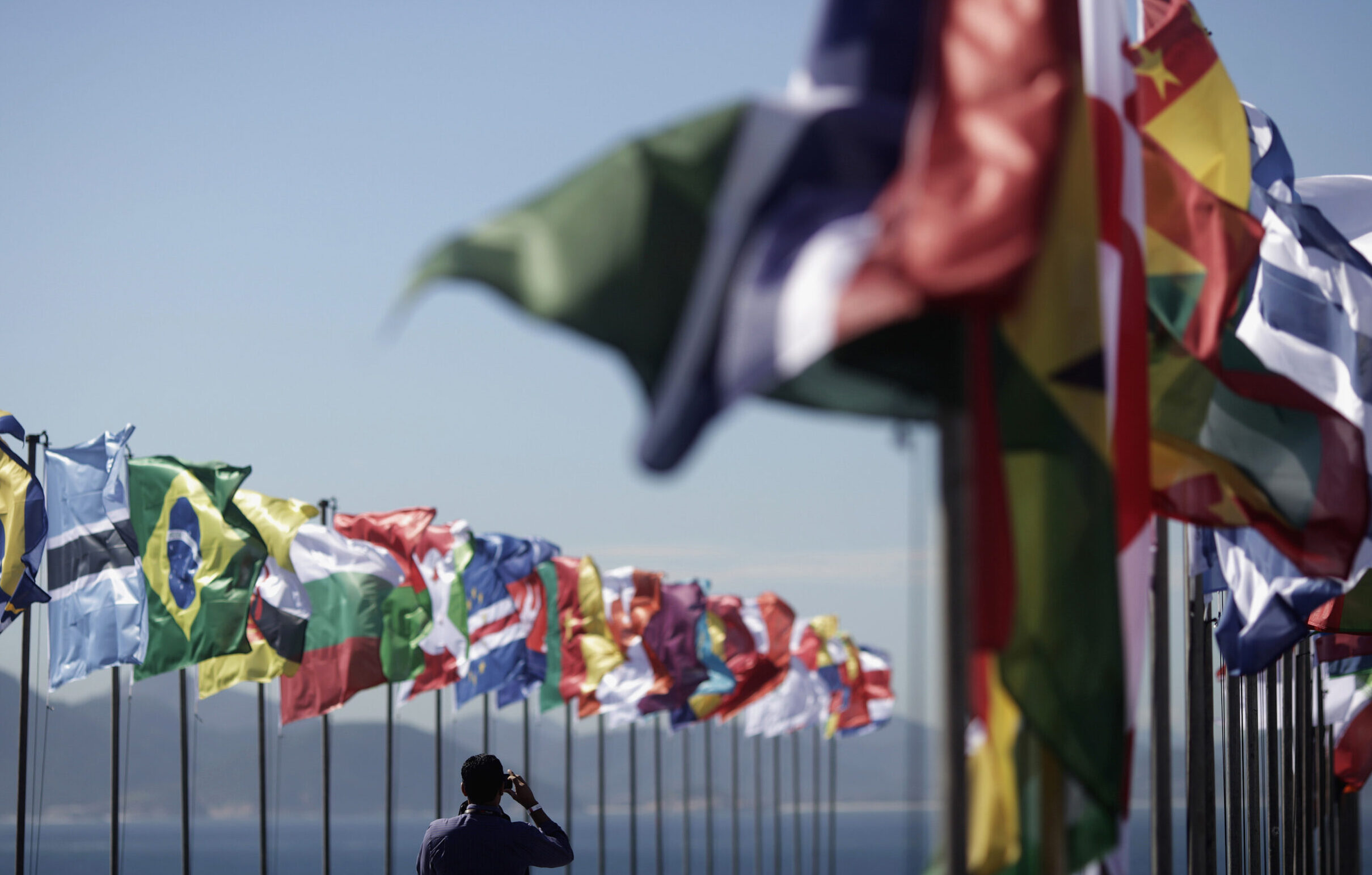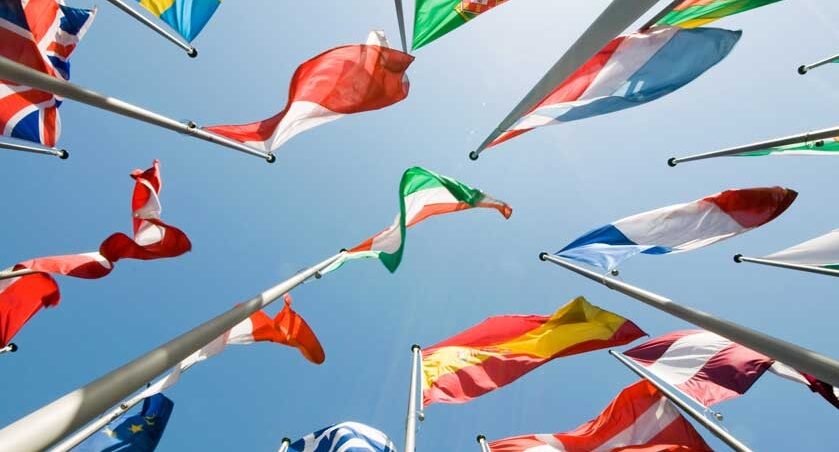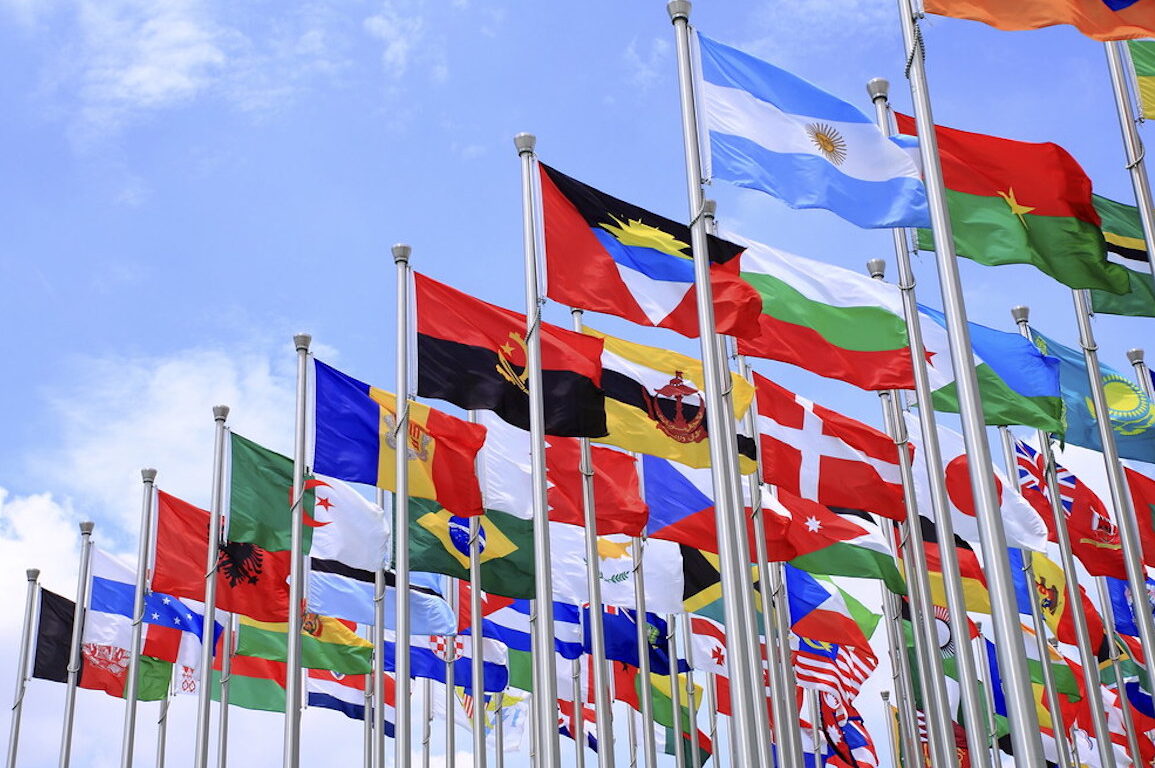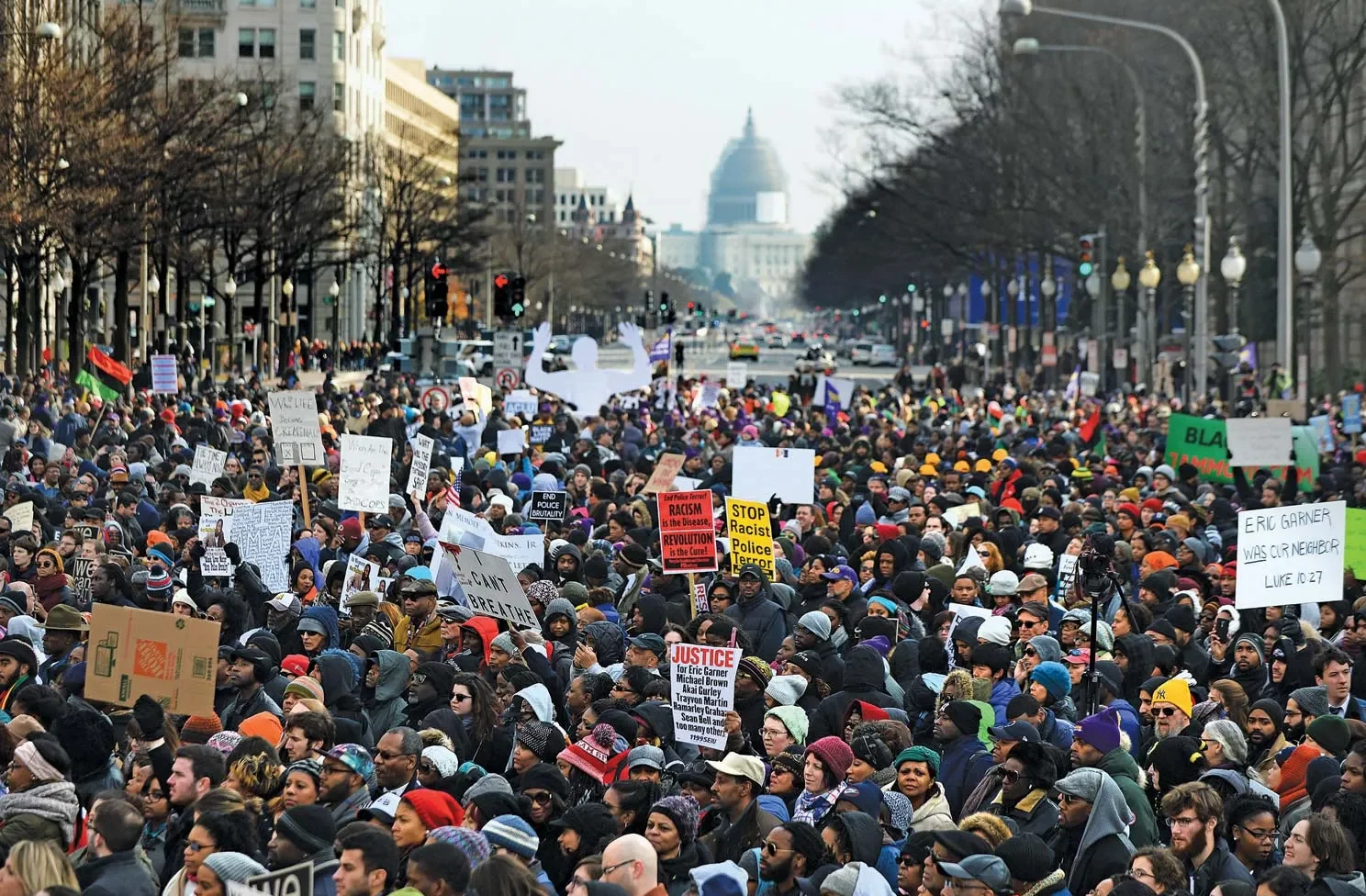International relations refer to the interactions and relationships between sovereign states and other actors in the global community. It is a field of study that encompasses various disciplines, including politics, economics, and law, among others. The importance of international relations lies in its ability to advance human culture through cultural exchanges, diplomacy, and policy development. The study of international relations provides individuals with a deeper understanding of the world and the complex relationships between nations, which can lead to more informed decision-making. Moreover, studying international relations and diplomacy can prepare individuals for a range of careers that can affect real and lasting change around the globe.
Diplomacy plays a crucial role in international relations, acting as a means of communication and negotiation between nations. Diplomacy involves the use of various techniques, including negotiation, dialogue, and compromise, to resolve conflicts and promote cooperation between nations. The historical development of diplomacy can be traced back to ancient civilizations, where emissaries were sent to other states to establish diplomatic relations. Today, diplomacy has evolved to include a range of practices, including public diplomacy, economic diplomacy, and digital diplomacy, among others. The Hague Journal of Diplomacy has even started its own podcast series to bring the themes of its research off the page and into the public sphere.
The study of international relations and diplomacy is supported by various resources, including historical records, academic journals, and magazines. The official documentary historical record of major U.S. foreign policy decisions and significant diplomatic activity is maintained by the Department of State’s Office of the Historian. Foreign Affairs magazine provides in-depth analysis and debate of foreign policy, geopolitics, and international affairs. Additionally, academic journals such as Diplomatic History and International Relations offer critical analysis and theoretical perspectives on the field of international relations. Finally, online resources such as the Declassified Documents Reference System provide access to select declassified documents from diverse sources.

Methods of Coverage of International Relations and Diplomacy
News coverage is one of the primary methods of reporting on international relations and diplomacy. News outlets such as The New York Times and CNN provide up-to-date coverage on global events and their impact on international relations. Additionally, magazines like Foreign Affairs offer in-depth analysis and debate on foreign policy, geopolitics, and international affairs. Through news coverage, individuals can stay informed about current events and their implications for international relations.
Analysis and commentary on international relations and diplomacy is another crucial method of coverage. Scholars and experts in the field provide insights and opinions on global events, often through academic research and publications. This type of coverage offers a more nuanced understanding of international relations and diplomacy, delving deeper into the underlying factors and implications of global events. Additionally, analysis and commentary can provide a platform for diverse perspectives and opinions on international relations.

Academic research and publications are also important methods of coverage for international relations and diplomacy. Journals such as International Relations and Diplomacy offer peer-reviewed articles on a range of topics related to international relations, including diplomacy, conflict resolution, and globalization. Through academic research and publications, scholars and experts can contribute to a deeper understanding of international relations and diplomacy, and provide insights that can inform policy decisions.
Challenges and Criticisms of Coverage of International Relations and Diplomacy
One of the major challenges of coverage of international relations and diplomacy is the issue of bias and sensationalism in news reporting. Sensationalism, which emphasizes dramatic or shocking stories over factual accuracy, has been a common feature of news reporting for over a century . This can lead to distorted coverage of international events, with news outlets focusing on sensational stories rather than providing comprehensive and accurate reporting. Additionally, bias in news reporting can lead to a lack of objectivity and a failure to provide diverse perspectives on international events. As a result, readers may be left with a skewed understanding of global affairs, which can have significant consequences for international relations.
Another challenge in coverage of international relations and diplomacy is the lack of diversity in analysis and commentary. This can lead to a narrow range of perspectives and a failure to consider the experiences and viewpoints of marginalized communities. For example, racism has historically played a significant role in shaping international relations, yet this perspective is often overlooked in mainstream analysis. Additionally, the lack of linguistic diversity in political science research can limit the scope of analysis and lead to a narrow understanding of global affairs. A more inclusive approach to analysis and commentary is necessary to provide a comprehensive understanding of international relations and diplomacy.
Criticisms of academic research and publications also pose a challenge to coverage of international relations and diplomacy. Some argue that academic research can be overly theoretical and disconnected from real-world events, leading to a lack of practical insights. Additionally, academic publications may be inaccessible to the general public, limiting the dissemination of important research findings. However, academic research also plays a critical role in shaping our understanding of international relations and diplomacy, and efforts to make research more accessible and relevant to real-world events can help bridge the gap between academia and the public.
Future of Coverage of International Relations and Diplomacy
Emerging technologies are expected to have a significant impact on the coverage of international relations and diplomacy in the future. Technology has always played a crucial role in shaping international affairs, from weapons and technology alliances to cybersecurity and disease prevention. As new technologies continue to emerge, journalists and analysts will need to adapt to keep up with the changing landscape of international relations. This will require a greater understanding of the potential implications of these technologies and their impact on the global political and economic landscape. Accurate and comprehensive coverage of these issues will be critical in shaping public opinion and influencing policy decisions.
The changing dynamics of international relations and diplomacy are also expected to have a significant impact on coverage in the future. As the world becomes increasingly interconnected, it is becoming more important to understand the complex relationships between nations and the challenges they face. This will require a greater focus on diplomacy and negotiation, as well as a deeper understanding of the historical and cultural factors that shape international relations. Journalists and analysts will need to be able to navigate these complex issues with nuance and sensitivity, while also providing accurate and comprehensive coverage of events as they unfold.

Accurate and comprehensive coverage of international relations and diplomacy is essential in shaping public opinion and influencing policy decisions. As public diplomacy and global communications become increasingly important in shaping international affairs, it is critical that journalists and analysts provide accurate and unbiased coverage of events. This will require a commitment to objectivity and a willingness to engage with diverse perspectives and viewpoints. By providing accurate and comprehensive coverage of international relations and diplomacy, journalists and analysts can help to promote greater understanding and cooperation between nations, while also holding leaders accountable for their actions.










